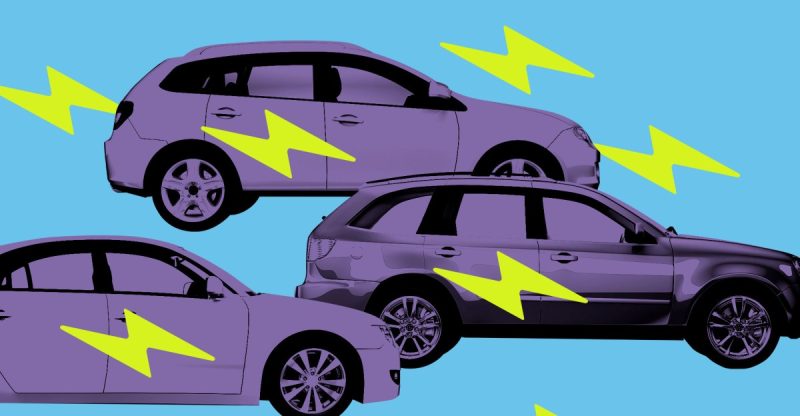
The US Senate recently voted to revoke California’s authority to set stricter vehicle emission standards than those mandated nationally. This decision, driven by Senate Republicans, has sparked significant controversy and raised concerns about the future of climate action in the United States.
The move effectively overturns waivers granted to California under the Clean Air Act, waivers that have allowed the state to implement its own, more stringent pollution limits on cars and trucks for decades. California, a major automotive market, has historically used its authority to set a higher bar for vehicle emissions, influencing manufacturers nationwide and encouraging the development of cleaner vehicles. Seventeen other states, along with Washington, D.C., have adopted all or parts of California’s stricter standards.
Opponents of the Senate’s decision, including environmental groups and Democratic lawmakers, argue it’s an illegal overreach that undermines states’ rights to protect their citizens’ health and the environment. They point to the fact that nonpartisan watchdogs, such as the Senate parliamentarian and the Government Accountability Office, had previously deemed the use of the Congressional Review Act (CRA) in this instance to be outside its intended parameters. Senator Sheldon Whitehouse (D-RI) criticized the move as a “quick and dirty, sneaky maneuver” driven by the fossil fuel industry.
Republicans, however, contend that California’s regulations are overly burdensome and impose excessive costs on the auto industry. They argue that a uniform national standard is necessary to prevent a fragmented marketplace and protect consumer interests. Senator Shelley Capito (R-WV) stated that California had used its waiver authority to push “extreme climate policies on the rest of the country.”
The implications of this decision are far-reaching. By limiting California’s ability to push for cleaner vehicles, the Senate’s action could slow down the transition to electric vehicles and hinder efforts to reduce greenhouse gas emissions. The decision also raises questions about the balance of power between the federal government and individual states in setting environmental regulations.
The resolutions now head to President Trump’s desk for his signature. This isn’t the first attempt to curtail California’s authority on vehicle emissions; a similar effort was made during Trump’s first term. The outcome of this latest challenge will significantly impact the nation’s climate goals and the future of clean transportation.
The auto industry itself has expressed mixed views, with some trade groups opposing California’s ambitious EV mandates, while others acknowledge the need for cleaner vehicles. This debate highlights the complex interplay between environmental concerns, economic interests, and political power in the shaping of national environmental policy.










